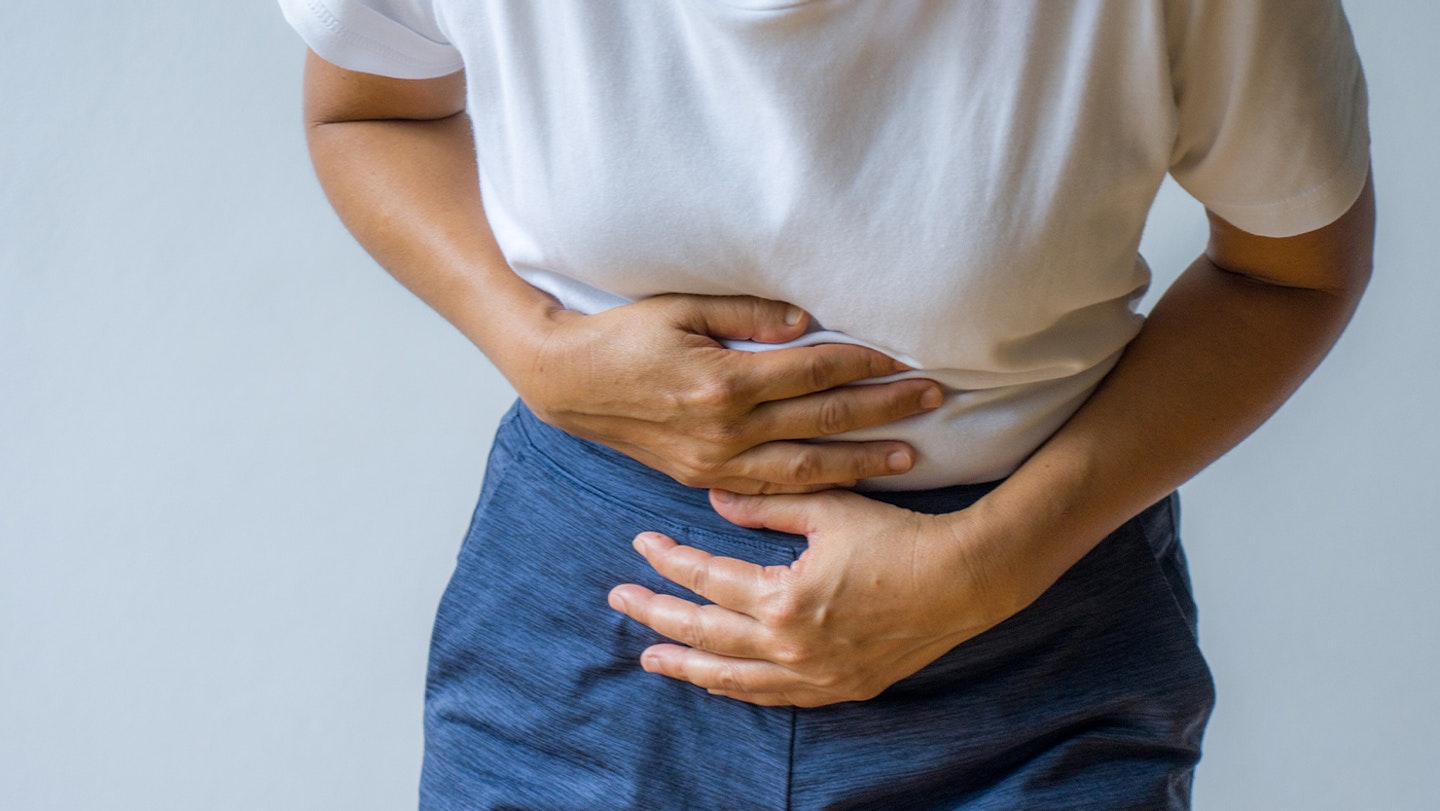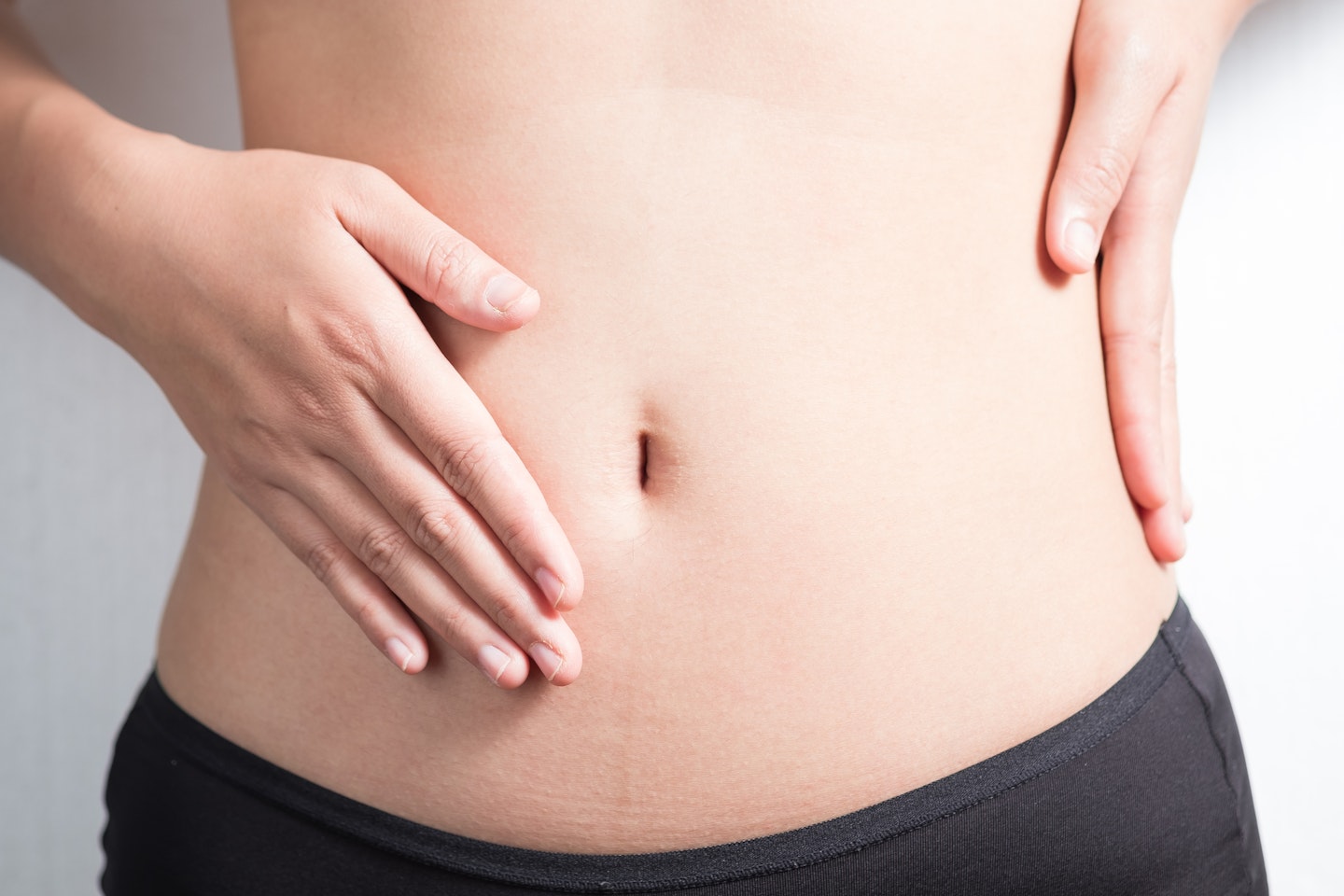Bleeding during early pregnancy can be caused by several things, but they don’t necessarily mean something is wrong.
In early pregnancy, if you discover you’re bleeding, it’s natural to assume the worst and it's okay if you feel concerned.
Is it normal to bleed in early pregnancy?
While most instances are fortunately nothing to worry about –nine out of 10 women who bleed in pregnancy go on to have healthy babies – it helps to stay informed so you can feel reassured and in control.
What to do if you experience bleeding during pregnancy
Any bleeding during pregnancy should be discussed with a doctor or midwife. If the bleeding is light, see your doctor or midwife in working hours, and they’ll send you for an early scan at your local hospital to check everything is OK.
If, however, the bleeding is very heavy, you have a lot of pain, you feel unwell, light-headed or dizzy, you should seek urgent medical help and go to A&E. If you do have any bleeding during your first trimester, your midwife or doctor can work out what’s happening and the best action to take.
Getting your head around the different reasons can take some of the edge of the panic before you get medical help.
Here are six reasons why you may be bleeding during the early stages of pregnancy...
Bleeding in early pregnancy
 1 of 6
1 of 61) Implantation bleeding
If you find a small amount of pinkish or brownish blood, you have probably had an implantation bleed, something around a third of pregnant women experience.
It can happen up to 12 weeks after conception, as the embryo embeds in the wall of the uterus.
 2 of 6
2 of 62) Spotting
Spotting is light bleeding from your vagina. Similar to a period, but lighter, the blood varies in colour from red to brown.
This may happen around the time your period would normally be due.
‘Generally, in pregnancy, the change in hormones stop you having a period,’ says GP Dr Philippa Kaye. ‘But, for the first month or so, the hormones may have not changed enough to stop a bit of bleeding.’
 3 of 6
3 of 63) Cervical erosion
Bleeding can be caused by your cervix softening, forming a raw area. This is called cervical erosion or ectropion and the blood loss is small.
‘Pregnancy hormonescan cause changes in the cervix, making it more likely to bleed,’ says Philippa. This can be a particular problem during or after sex.
 4 of 6
4 of 64) Polyp
In some cases, bleeding comes from a vaginal or cervical infection or a harmless growth called a polyp.
If you have a polyp, the doctor will probably leave it alone while you’re still pregnant, as it’s best not to operate near the womb right now.
 5 of 6
5 of 65) Threatened miscarriage
Heavy bleeding can be a symptom of threatened miscarriage, which is a term used when a woman experiences bleeding but the cervix is still closed. It can sometimes proceed to a full miscarriage.
See your doctor or go to A&E if they’re not available. The hospital will offer you a scan to check what’s happening and take appropriate action.
 6 of 6
6 of 66) Ectopic pregnancy
This is when the embryo has implanted itself outside your uterus – often in one of the fallopian tubes. The bleeding is usually accompanied by severe abdominal pain.
Because your baby cannot survive like this, an ectopic pregnancy requires surgery and your pregnancy, sadly, can’t continue. However, it’s extremely rare, occurring in fewer than one in 200 pregnancies.
Whatever you think may be the reason, remember that only a medical professional can give you a proper diagnosis.
